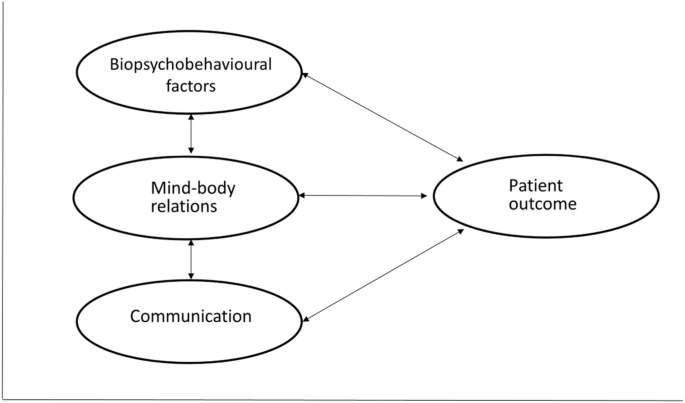[2025 Physical Health Awareness Survey] Physical Health Self-Assessment and Health Management Efforts
![[2025 Physical Health Awareness Survey] Physical Health Self-Assessment and Health Management Efforts [2025 Physical Health Awareness Survey] Physical Health Self-Assessment and Health Management Efforts](https://i0.wp.com/hrcopinion.co.kr/wp-content/uploads/2025/08/iStock-1186136736.jpg?fit=680%2C453&ssl=1)
You’ve likely exchanged greetings like, “Take care of your cold,” or “Stay healthy.” Asking about one’s health is a common practice, and while everyone aspires to live a healthy life, the meaning and purpose of that greeting varies from person to person. Compared to the past, access to health-related information has become easier, and the focus is shifting from expert-focused management to personalized self-management, accessible through everyday experiences.
The Korea Research
subjective perception of physical health
The average self-assessment of physical health was 5.7 points, with 52% of respondents giving an above-average score.
81% are less healthy or about the same as last year
When asked to rate their current physical health on a scale of 0 to 10, 52% said they were “healthy” (6-10), 24% said they were “unhealthy” (0-4), and 25% said they were “average.” The average score was 10 out of 5.7, slightly better than average. While those aged 18-29 (5.9) and those in their 30s (5.9) rated their physical health slightly better than those in their 60s (5.6) and those over 70 (5.5), the difference was not significant.
When asked about their physical health compared to last year, 19% responded that they were ‘healthy’, while 81% responded that they were ‘unhealthy’ or ‘similar to last year’ (‘similar’ 51%, ‘unhealthy’ 30%).
The subjective physical health score remains at an average level regardless of age, according to data released by the Korea Health Promotion Development Institute last year. 2024 Health Investment Awareness SurveyIn Korea, 10 out of 3 people (31.9%) were satisfied with their health.


The older you get, the more likely you are to feel younger than your peers and feel younger than your actual age.
There were differences by age group regarding self-perceived physical age and perceived physical health compared to peers. Fifty percent of respondents said their perceived physical age was similar to their actual age, 50% said it was “older than actual age,” and 26% said it was “younger than actual age.” When asked about their physical health compared to peers, 22% said they were “healthy,” 34% said they were “similar,” and 39% said they were “unhealthy.”
As people get older, they tend to perceive their perceived physical age as “younger than their actual age” and to report that they are healthy compared to their peers. Among those aged 70 and older, 35% perceive their perceived physical age as younger than their actual age, surpassing the opinion that their actual age is older (13%). Even among those in their 60s, the perception that their perceived age is younger (33%) is higher than the perception that their perceived age is older (17%). On the other hand, one in three people in their 2s, 3s, and 40s perceive their perceived physical age as older than their actual age and as being less healthy than their peers. This result can be attributed to the fact that younger age groups are more socially and economically active than those in their 3s and 1s, and they feel that they are not able to take sufficient care of their health due to a lack of free time.

link





